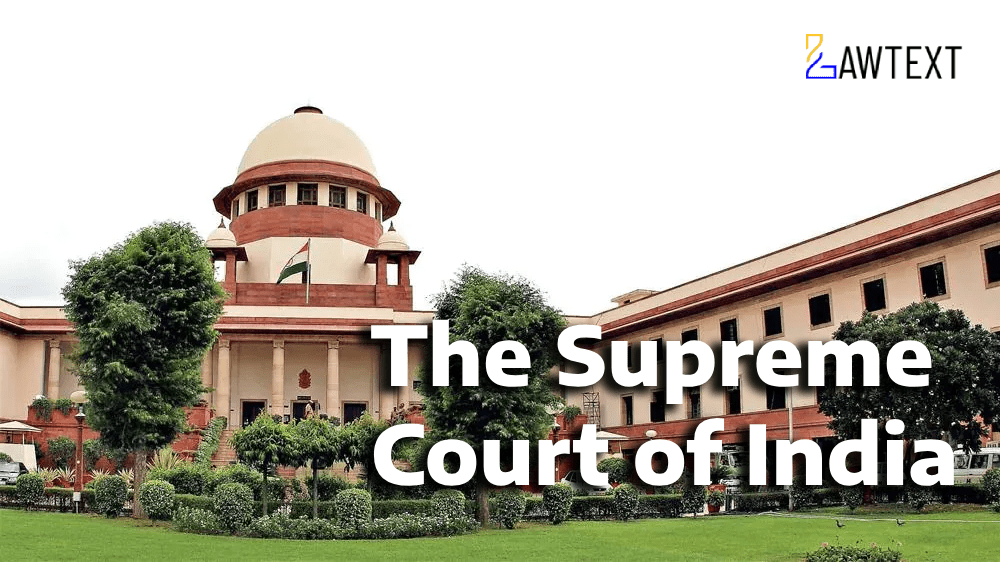CASE NOTE & SUMMARY
The Supreme Court upheld the decision of the Punjab & Haryana High Court, which set aside the Armed Forces Tribunal's decision to uphold the respondent's dismissal by a General Court Martial (GCM). The High Court found that a junior officer acted as Judge Advocate during the trial without valid reasons being recorded for appointing such an officer, as required under the law laid down in Union of India & Anr. v. Charanjit Singh Gill.
-
Background:
- The respondent, an ENT Specialist in the Army Medical Corps (AMC), was accused of altering medical fitness remarks for extraneous consideration and was charge-sheeted under the Army Act for three offenses: (i) altering medical remarks for a recruit, (ii) being absent without leave, and (iii) conduct unbecoming of an officer.
- The General Court Martial (GCM) found the respondent guilty on two charges and dismissed him from service.
-
Proceedings Before Armed Forces Tribunal (AFT):
- The respondent challenged the GCM decision before the AFT, which upheld the findings of the GCM and the dismissal.
-
High Court Proceedings:
- The High Court overturned the AFT's decision, citing that the Judge Advocate at the GCM was junior in rank to the respondent, in violation of the guidelines set in Charanjit Singh Gill.
- The High Court noted discrepancies in the convening orders submitted by the appellant (Union of India) and the respondent, concluding that the order appointing the junior officer had been altered after dispatch.
-
Supreme Court’s Judgment:
- The Supreme Court upheld the High Court’s decision, emphasizing that the appointment of a junior officer as Judge Advocate, without properly recorded reasons for the unavailability of a senior officer, invalidated the Court Martial proceedings.
- The Court rejected the Union of India’s reliance on Army Rule 103, which allows for procedural irregularities, stating that Rule 103 does not apply when the appointment of the Judge Advocate itself is invalid.
Acts and Sections Discussed:
- Army Act, 1950:
- Section 57(c): Altering a document with intent to defraud.
- Section 39(a): Absence without leave.
- Section 45: Conduct unbecoming of an officer.
- Relevant Army Rules:
- Rule 33(7) & Rule 34: Relating to the forwarding of convening orders.
- Rule 39(2) & Rule 40: Eligibility for Judge Advocate based on rank.
- Rule 103: Regarding the validity of Court Martial proceedings in case of irregularities.
Ratio Decidendi:
The Court reiterated that a Judge Advocate must not be junior in rank to the officer on trial unless an unavailability of a senior officer is recorded in the convening order. The failure to do so in this case resulted in an incurable defect in the Court Martial proceedings, rendering the trial invalid. The subsequent alteration of convening orders was unauthorized and improper, as held in Charanjit Singh Gill.
Subject:
Court Martial, Armed Forces, Judge Advocate, Procedural Validity, Military Law.
#SupremeCourt #CourtMartial #ArmedForcesTribunal #ArmyAct #MilitaryLaw #JudgeAdvocate #ProceduralIrregularity
Citation: 2024 LawText (SC) (9) 95
Case Number: CIVIL APPEAL NO. 2459 OF 2017
Date of Decision: 2024-09-09
Case Title: UNION OF INDIA & ORS. VERSUS LT. COL. RAHUL ARORA
Before Judge: (PRASHANT KUMAR MISHRA J. , PRASANNA BHALACHANDRA VARALE J.)
Appellant: UNION OF INDIA & ORS.
Respondent: LT. COL. RAHUL ARORA

